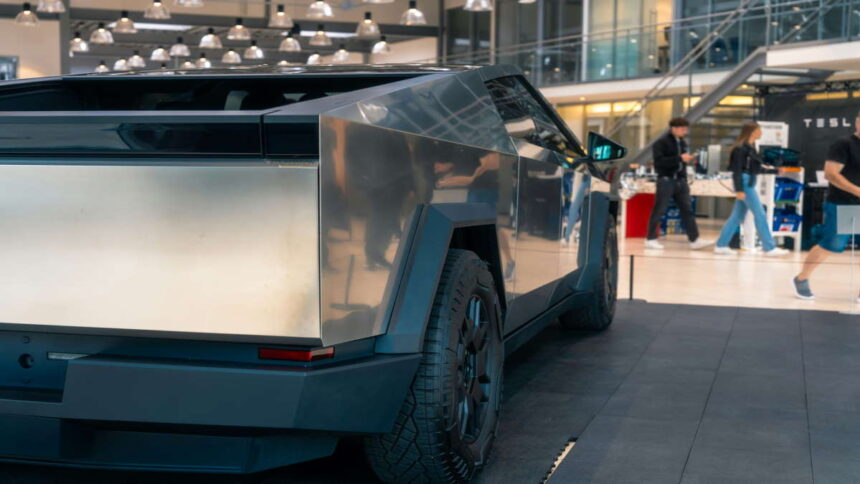Tesla has just issued a recall of about 694,000 vehicles in the United States due to a problem with the tire pressure monitoring system. This issue, affecting certain Model 3s, Model Ys, and Cybertrucks, is but the latest in a long line of examples of how carmakers continue to struggle with safety issues related to advanced technology.
Understanding the Flaw in the Tire Pressure Warning System
The problem is that the TPMS warning light sometimes does not stay on from one driving cycle to the next. This could lead to drivers being unaware of operating vehicles with underinflated tires, hence increasing the chances of a road accident. While modern vehicles rely on sophisticated electronic systems to warn the driver about impending dangers, even the smallest malfunctions can create significant safety risks.
Tesla would want to fix this via an over-the-air software update-one of the major selling points of the brand’s vehicle maintenance. The said feature enables the company to install fixes remotely rather than having customers physically come to service centers.
Tesla’s Record Recall Numbers
Many of its observers can’t help noticing that Tesla treats the cause and effect of its recalls in a software-updating light. According to data by recall management firm BizzyCar, Tesla has accounted for 21% of all U.S. recalls throughout this year’s first three quarters. Despite this high record of recalls, most recall cases made against Tesla didn’t require physical repair but had simply been completed by over-the-air fixes.
Though these figures have raised many eyebrows, Tesla alone recalled more than 1.8 million vehicles in the September quarter, the brand has managed to set milestones by efficiently addressing issues thrown up in the auto industry. At the same time, however, the spate of recalls also highlights how tricky it can be to bring today’s modern vehicles – their increasingly complex combination of software and hardware features – to market.
Cybertruck Recall Adds to the Numbers
Not even some of the most highly-anticipated Tesla models have been immune to recalls: In November, the company recalled 2,400 Cybertruck units in the United States due to a faulty component that could lead to power loss and potential crashes. It marked the sixth recall for the electric pickup truck in 2024 alone, further underlining the challenges of bringing new vehicle designs to market.
Thus, although it faces pressures for continuous innovations in autos that set new features, a Tesla cannot afford to cut any corners on tough safety standards. While Tesla’s overall recall figures are high-sounding, this proactive means it has addressed these very issues.
With technology ever more defining the driving experience, Tesla’s capability of deploying quickly could turn into a real game-changer in this industry. In the same vein, this brings us to realize again that even for some highly technologically advanced systems, they don’t negate the requirement for vigilant oversight in the name of road reliability.

